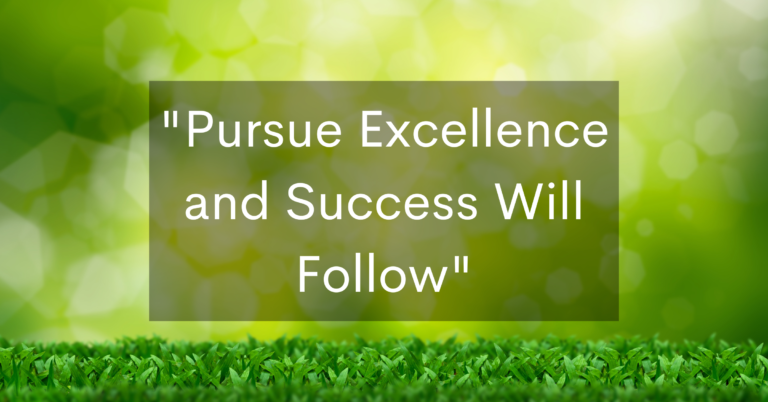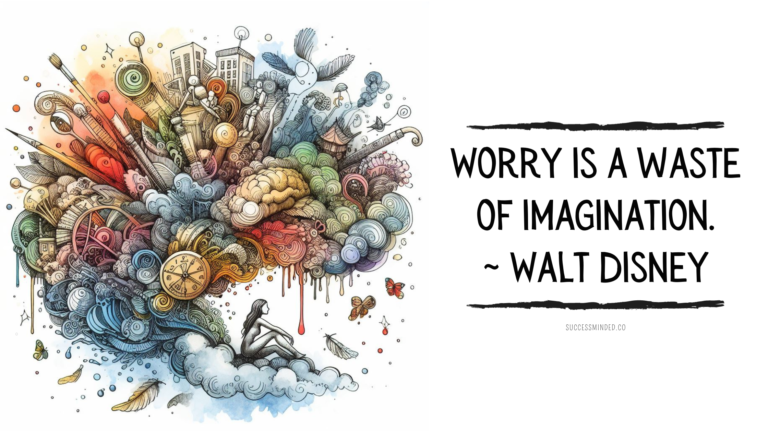“The calmer you are, the clearer you think.” This simple yet powerful statement has become a popular reminder in today’s busy and often stressful world. It speaks to a universal truth: stress clouds judgment, while calmness helps us navigate challenges with greater clarity.
Whether you’re facing a tough decision at work, a personal conflict, or just trying to get through a hectic day, staying calm can make all the difference.
When we allow ourselves to slow down and pause, we create space for clearer thinking. Calmness doesn’t just feel better; it actively helps you process information and respond thoughtfully instead of reacting impulsively.
In this article, we’ll explore the connection between calmness and mental clarity, and how you can cultivate it in your everyday life.
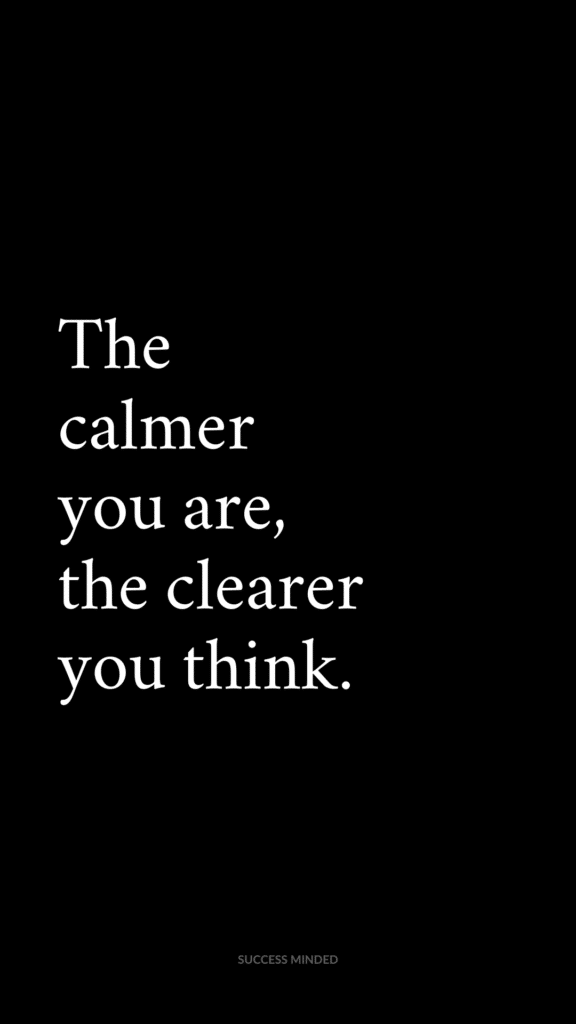
The Science Behind Calmness and Clear Thinking
To understand why calmness improves thinking, it helps to look at how your brain reacts to stress. When you’re under pressure, your body activates its fight-or-flight response. This is a survival mechanism controlled by the amygdala, the part of your brain responsible for handling emotional reactions.
While the fight-or-flight response is useful in emergencies, it’s less helpful in situations that require logical thinking. That’s because stress dampens the activity of the prefrontal cortex — the area of the brain responsible for rational decision-making, problem-solving, and self-control.
As a result, when you’re stressed, your brain shifts into survival mode, and it becomes harder to think clearly or make thoughtful decisions.
On the other hand, staying calm keeps your brain balanced. It allows the prefrontal cortex to stay engaged, helping you analyze situations objectively and make more rational choices.
Calmness also lowers cortisol, the stress hormone, which can interfere with focus and memory. Simply put, when you’re calm, your brain works more efficiently, allowing you to think more clearly.
Why Stress Feels Like Clarity (But Isn’t)
When you’re in a stressful situation, it might feel like your thoughts are sharper or that you’re thinking more clearly. This is because stress triggers a rush of adrenaline, making you hyper-aware and focused on the immediate problem. However, this state often gives the illusion of clarity rather than actual clear thinking.
In a stressed state, your brain prioritizes speed over depth. Decisions are made quickly, but they’re often based on instinct or fear rather than careful consideration. For example, you might send a heated email or jump to conclusions about someone’s actions, only to regret it later when you’ve had time to reflect. Stress narrows your perspective, causing you to focus on what feels urgent rather than what’s most important.
Calmness, by contrast, allows you to step back and see the bigger picture. It creates the mental space needed to weigh options, consider long-term consequences, and approach problems more thoughtfully. While stress might feel productive in the moment, it often leads to reactive choices rather than deliberate, effective decisions.
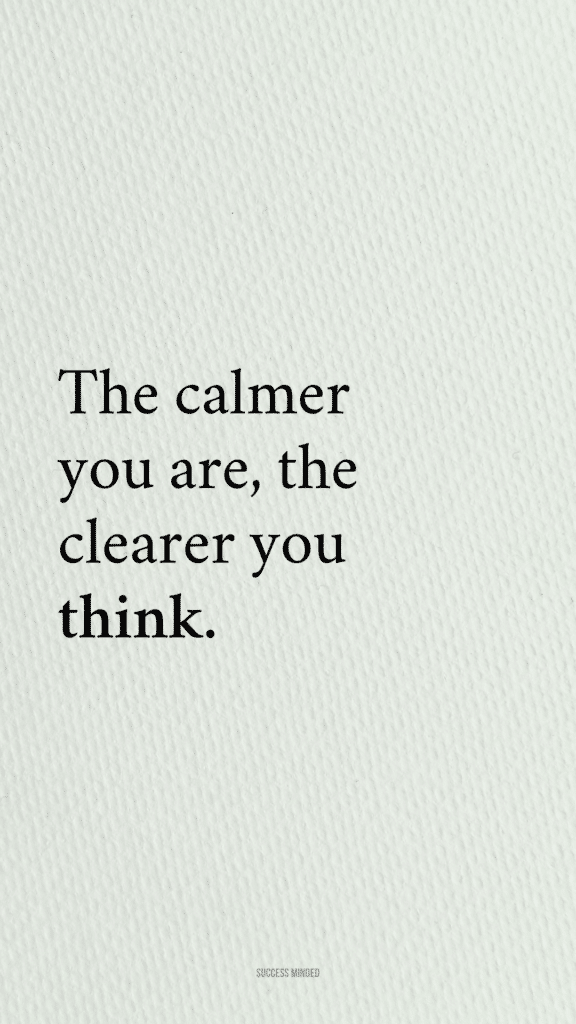
How to Cultivate Calmness for Clear Thinking
Staying calm, especially in challenging moments, is a skill that can be developed. Here are some practical techniques to help you cultivate calmness and improve your mental clarity:
- Controlled Breathing: Deep breathing is one of the fastest ways to reduce stress. Try this simple method: inhale deeply for four counts, hold for four counts, and exhale for six counts. This activates your body’s relaxation response and helps calm your mind.
- Mindfulness and Focus: Practicing mindfulness teaches you to stay present instead of being overwhelmed by worries about the past or future. A quick mindfulness exercise is to focus on your senses — what you can see, hear, feel, taste, or smell in the moment.
- Journaling: Writing down your thoughts can help you process emotions and organize your mind. It’s especially helpful if your head feels cluttered with too many ideas or worries.
- Prioritization: When you’re overwhelmed, take a moment to identify what truly matters. Ask yourself, “What’s the most important thing I can focus on right now?” This shifts your attention from chaos to clarity.
- Regular Movement: Physical activity, even something as simple as a short walk, can reduce stress and improve focus. Movement releases endorphins, which naturally help calm your mind.
Building these habits doesn’t require major life changes. Start small, and over time, you’ll find it easier to stay calm, even when life gets overwhelming.
The Role of Practice and Patience
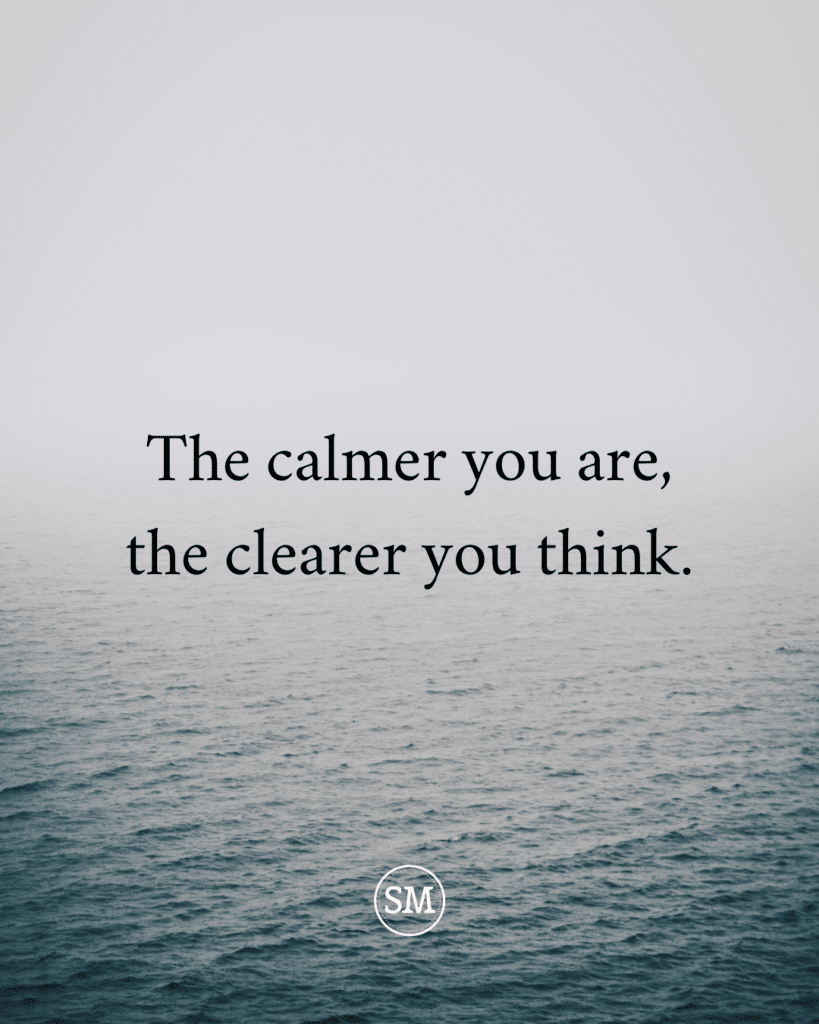
Developing the ability to stay calm under stress isn’t something that happens overnight. Like any skill, it requires consistent practice and a willingness to embrace small steps forward. There will be times when stress gets the better of you — and that’s okay. The goal isn’t perfection but progress.
Think of calmness like a muscle. The more you practice it, the stronger it becomes.
For example, starting with small, manageable situations — like staying patient in traffic or handling a minor inconvenience — can help you build the foundation to remain calm during more significant challenges. Over time, these small wins add up, giving you the confidence to handle more intense situations with clarity.
It’s also important to practice self-compassion. Be kind to yourself on days when staying calm feels especially difficult. Learning to pause and refocus is part of the process, and every effort counts, no matter how small.
Remember, calmness isn’t about suppressing emotions — it’s about responding to them with awareness and control.
Conclusion
Calmness is one of the most valuable tools you can cultivate for clear thinking and better decision-making. When you stay calm, you give yourself the space to process information, consider your options, and act in a way that aligns with your goals and values.
The next time you’re faced with a stressful situation, try to take a moment to pause and breathe. Small, consistent practices can make a big difference over time, helping you respond with calmness even when life feels overwhelming.
“The calmer you are, the clearer you think” is more than just a motivational quote — it’s a reminder that your state of mind shapes your decisions and, ultimately, your life. By prioritizing calmness, you set yourself up for success in both small and significant ways.

